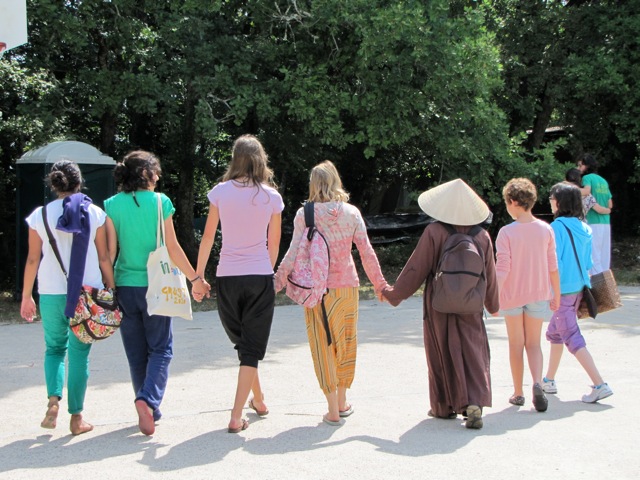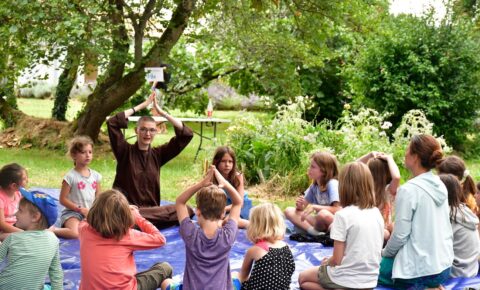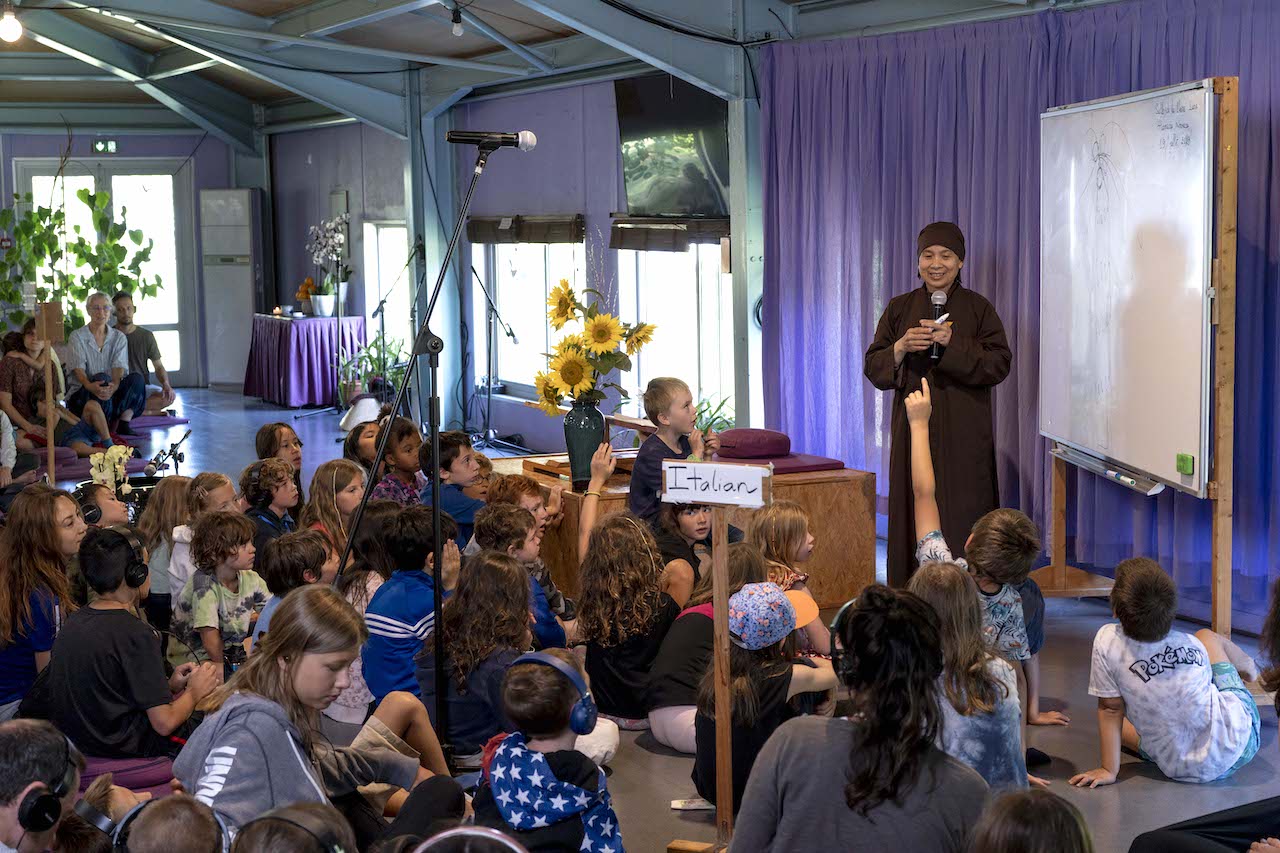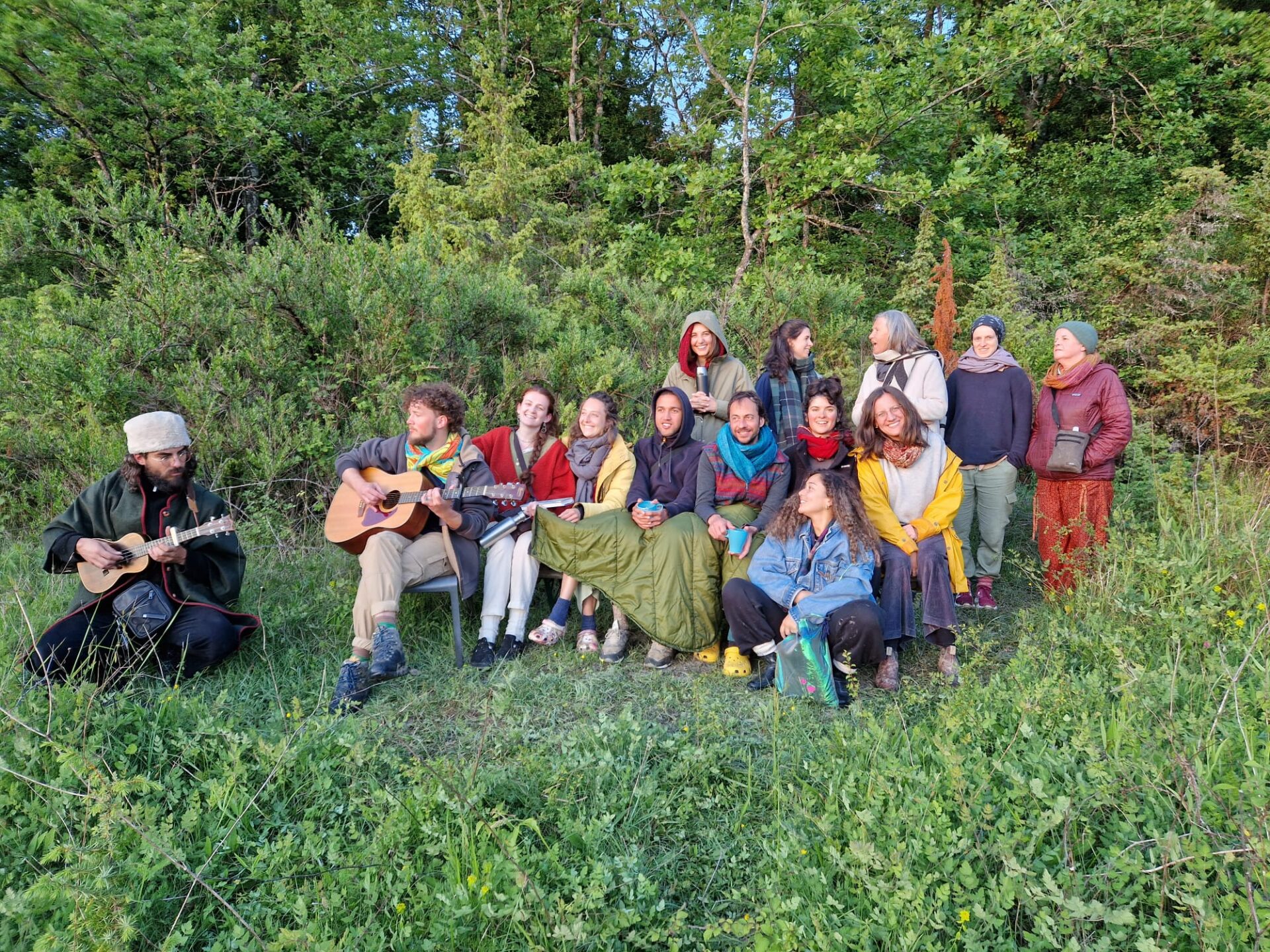The following is an excerpt of the panel conversation on the theme of
Resilience, Community, and Spirituality that took place in June 2023, during
the Earth Holder’s Retreat ‘Love is Freedom’. Our three panelists were Tho
Ha Vinh, Rehena Harilal, and Satish Kumar.
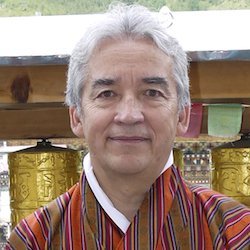
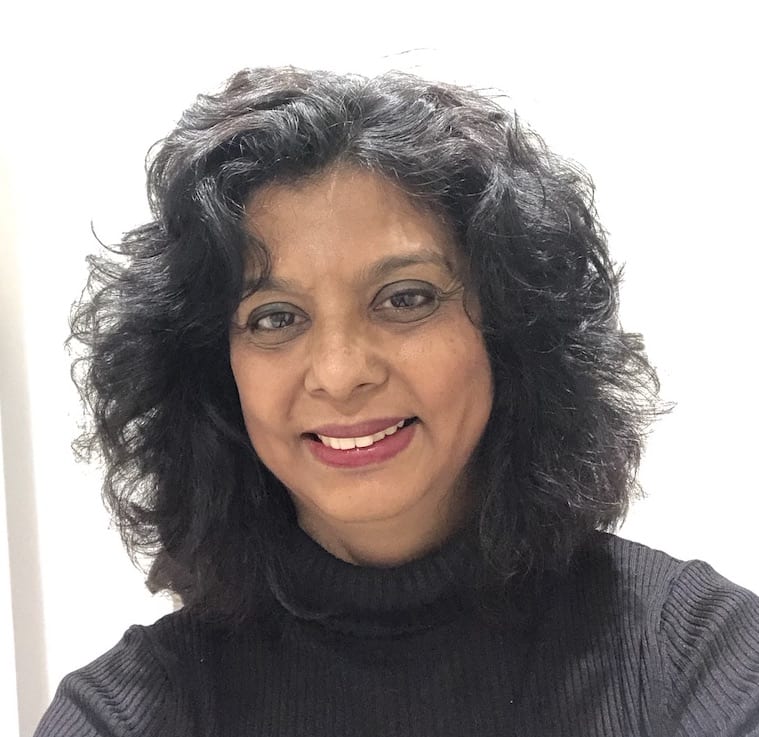
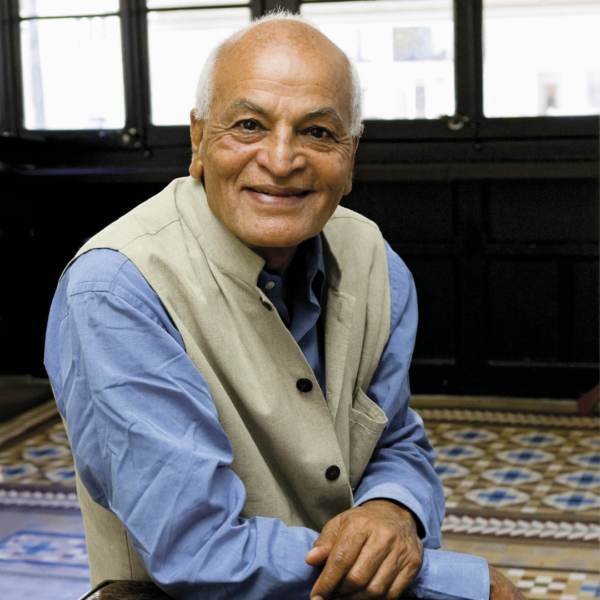
Tho Ha Vinh received the lamp transmission from Thay in 2001. He was the
former program director of Bhutan’s Gross National Happiness Center and is
the author of the book “A Culture of Happiness.”
Rehena Harilall joined the Order of Interbeing in 2016, is a member of the
Heart of London Sangha, Colors of Compassion Sangha, and actively brings
racial justice and climate justice together. She founded “Buddhists across
Traditions,” a BIPOC-centered collective in the UK in 2019.
Satish Kumar is the founder of Schumacher College for ecological studies.
In 1962 he went on a peace walk of over 8,000 miles for two and a half
years, from New Delhi to Moscow, Paris, London, and Washington, D.C. He is
the author of the recently published book Radical Love.
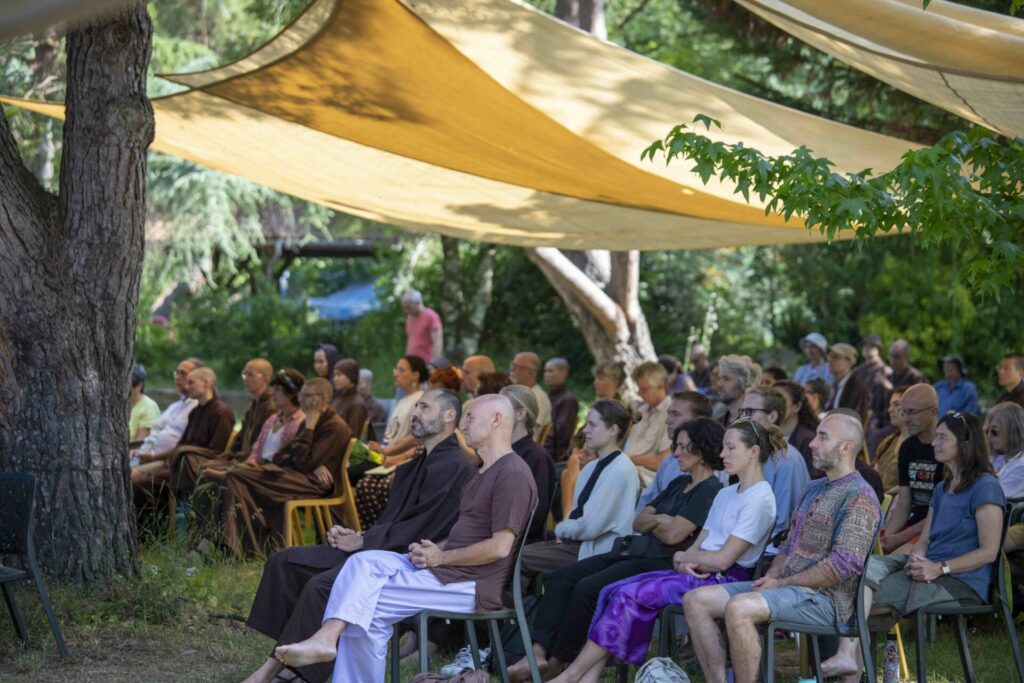
Sr Lang Nghiem (facilitator): In our current global state, there is much
despair, anger, blame, and disappointment. How do you continue to act from
a place of love?
Satish Kumar: First of all, I always ask, what is the impact of anger,
blame, fear, anxiety on myself? If I’m angry with someone, what is the
impact on myself? Acknowledging that it makes my whole being upset,
uncomfortable and unhappy, I can ask, is that what I want to choose?
Love begins with loving yourself, to be your true self, recognizing yourself as
a spiritual being, capable of loving.
Loving yourself is not egoistic, but the starting point to learn to protect yourself.
In my childhood I was a Jain monk for 9 years. Everyday I trained to look at
the world with a positive mind, to see how I can serve the world, and learn
to handle feelings of anger, fear, doubt and a judgemental mind.
I recently wrote a book titled Radical Love. There are two kinds of love:
moderate love and radical love. Moderate love is to love somebody who
loves you back, and with whom you agree. That’s a good love and
necessary, but radical love goes a step further.
Radical love is unconditional—you love without expecting anything in return
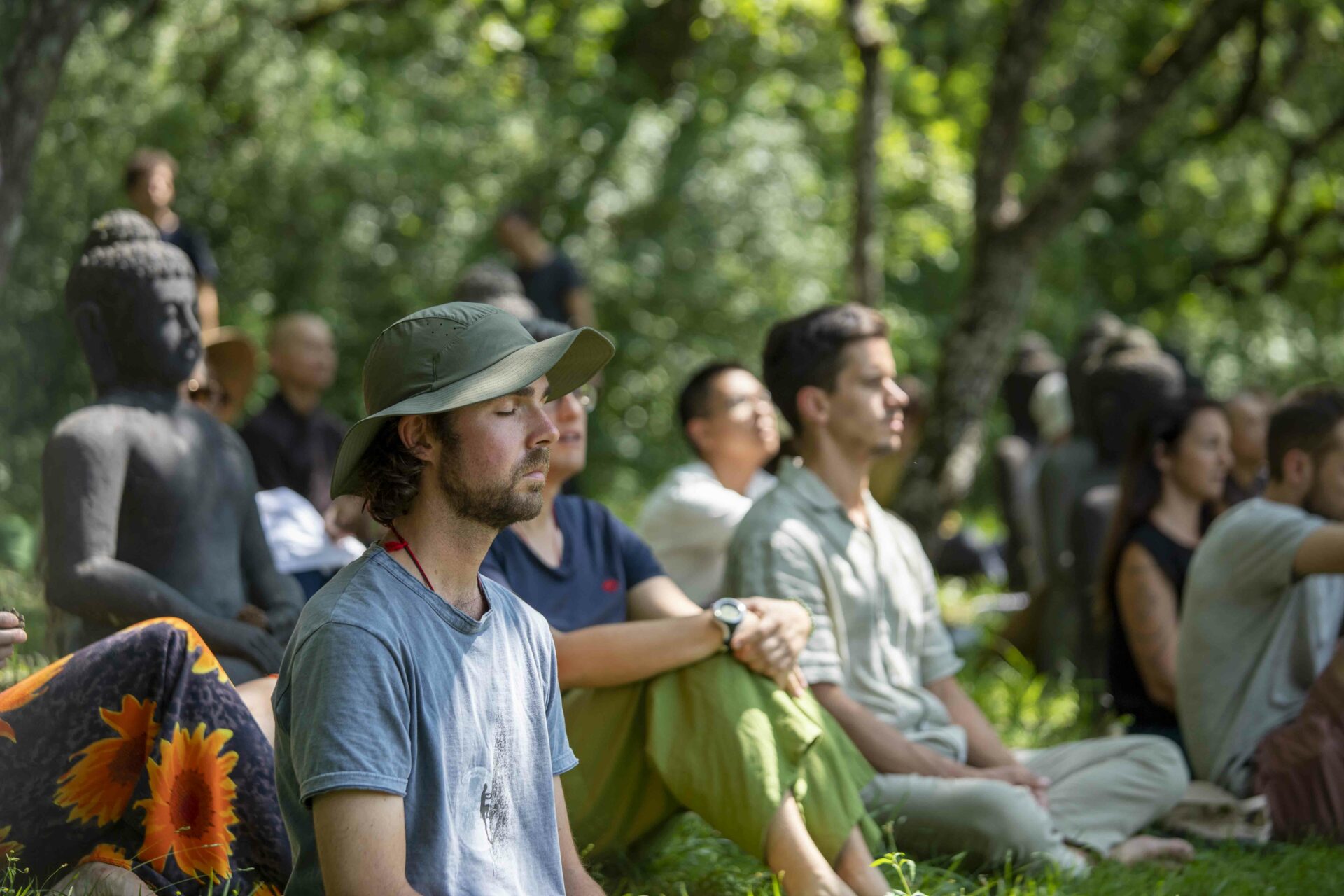
I love, because love is the right way to follow. Radical love is also unilateral, you love even those who don’t love you back, or you don’t agree with, even
those you dislike.
It was a great privilege and honor for me to meet Martin Luther King, when I
was walking from India to America. He told me, “I am against racism, I am
against injustice, but I don’t hate anyone.” He said hate is too heavy a burden to carry, because anger comes and goes, but hatred lingers.
When I saw that a man, who was such a great radical activist, fighting against injustice and racial discrimination, could still be an embodiment of love; that was a great example for me. From then on, I started to practice radical love.Hatred, anger and fear have created wars.
We had an Afghanistan war, an Iraq war, a Vietnam War, the first and second World War, all based on hatred. We have institutionalized hatred.
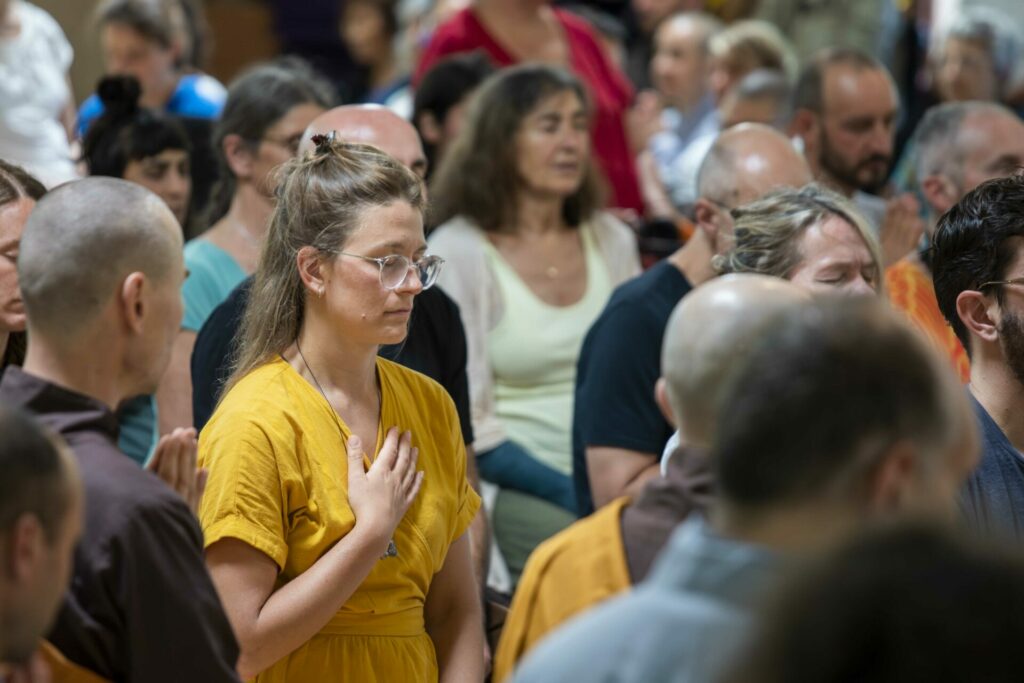
I think we have to find our way and answer in love, and learn to love even
people you may not like. Hatred cannot transform. Hatred can kill, but love
can transform.Hatred starts when you see others as separate from you, but we are not separate, we are all ‘inter-beings’. There is no separation between humans and nature, between Buddhists and Christians, between blacks and whites, women and men, old and young, past and present.
It’s all a continuum. It’s all relationship. Recognizing that eternal truth, we can follow the path of love.
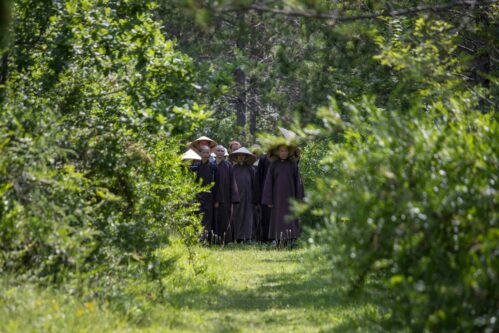
Sr Lang Nghiem: How do you prevent yourself from falling into anger,
despair, blame or hatred?
Rehena Harilall: I think I can’t prevent anger. It is an emotion that arises
and falls away. My journey started off as an activist, who fought for justice
from a place of anger. Practicing mindfulness, I saw that anger can be a
source of wisdom, helping me discern what is being activated in my body.
What is causing me to react in this way?
Thay talks about taking care of anger. What is the impact if I respond with this type of emotion?
Am I perpetuating the same energy of division, anger, and hatred that someone else has acted on me? We can practice loving, like a little muscle. If we practice every day, it increases. Mindfulness helps me to listen to who I am, to see who I am, to understand who I am.
Love comes from understanding
The journey to love outside is also the journey inside. Suppose there is a
person whose views are the most diametrically opposed to mine. That
person is still a human being, who is connected to me, whose life has shaped
their suffering and experience, who is trying to do things in a way that they
believe is the right way. I like to see and separate an action from an
individual, because we all have anger, and also the capacity to love and to
be compassionate.
The important thing is, what do I do every day to increase my compassion and joy, to open my heart to everyone?
I think to love is to be in service. If compassion is overflowing, if it comes with the right intention, there is no compassion fatigue.



